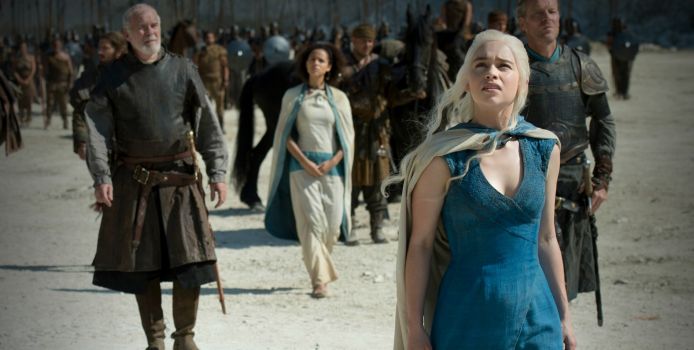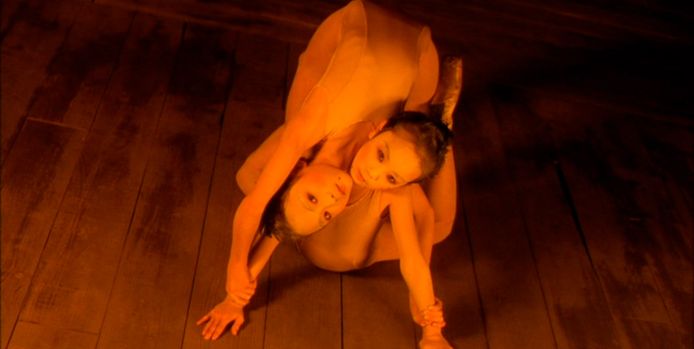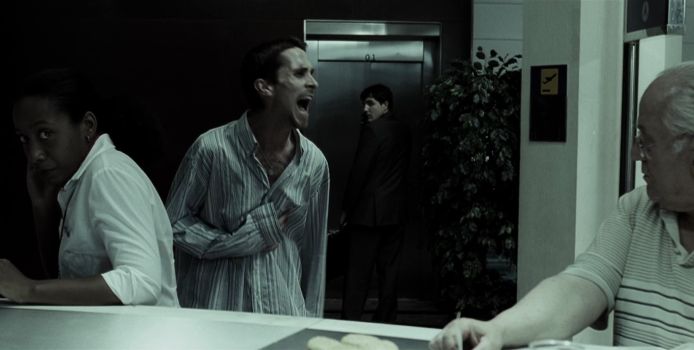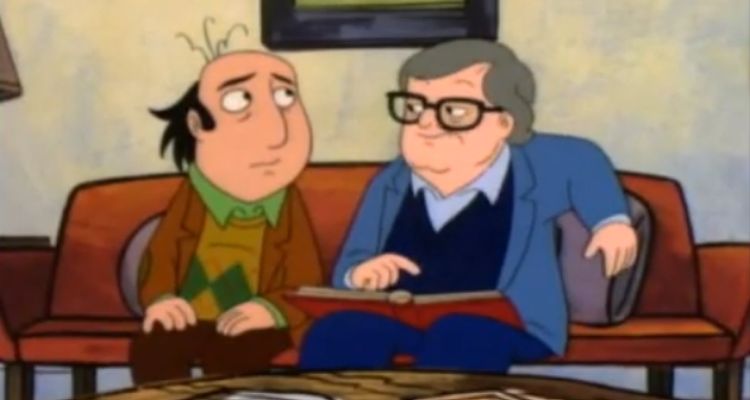Features
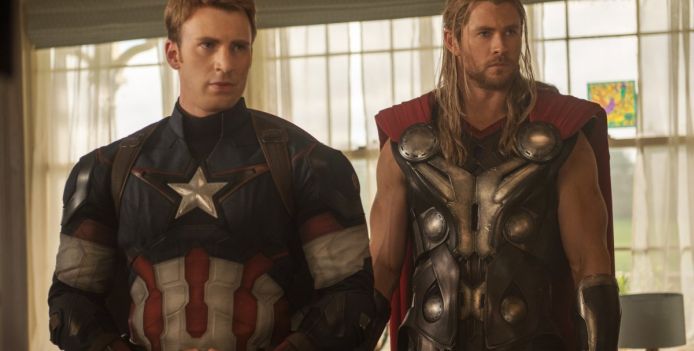
Unless you have been living under a rock for the fortnight or so (or have no interest in the genre), you may have noticed that the first teaser for The Avengers: Age of Ultron has been released. As well as setting off a whirlwind of fan response and a more than considerable amount of excitement, it should be mentioned that it was a master-class in how to create a teaser trailer, or indeed any trailer.
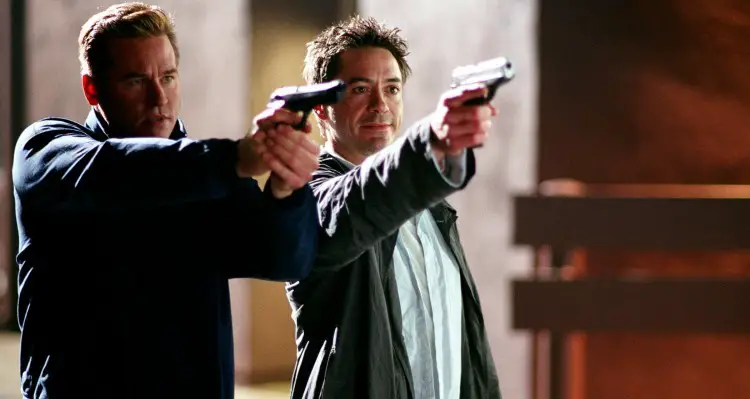
Film Noir stems back to the earlier days of Hollywood, starting with the Humphrey Bogart classic The Maltese Falcon in 1941. This film, the first from cinema great John Huston, established many of the trademarks we associate with the sub-genre today. The term Film Noir literally means “black film” and refers to how dark and shadowy the films tend to be.

It is easy to be a bit cynical about the state of modern commercial filmmaking. So many of today’s wide-released movies are either remakes of a remake of a remake or star a buff white dude fighting crime (usually in a cape or police uniform). With big studios investing so much money in the big movies we see today, they cannot afford to take huge risks.
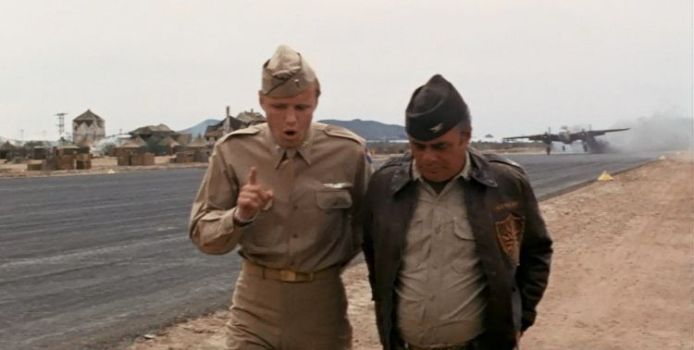
If you ask somebody about the war films they’ve seen, the first titles that come to mind are usually large-scale epics that feature scenes of combat and violence. These films effectively depict the horrors of war. However, the level of action in some of these films can be distracting and compromise our emotional involvement with the characters once we see how quickly they can vanish, and the level of violence that can occur.
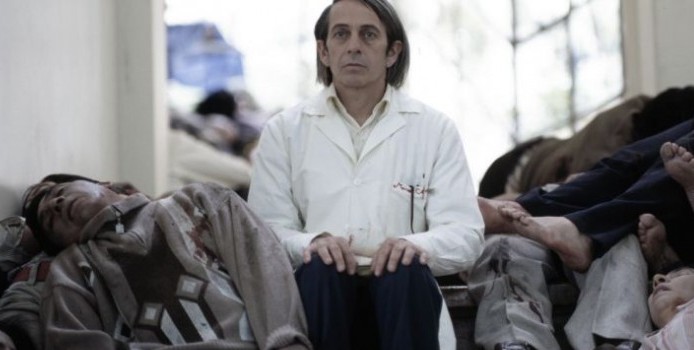
Chilean Filmmaker Pablo Larraín never mentioned the word Trilogy when he embarked on creating Tony Manero (2008), Post Mortem (2010) and No (2012), however, these three films do act as part of a whole: Larraín’s vision regarding Pinochet’s military coup of 1973 and the ensuing dictatorship. Tony Manero and Post Mortem are both grim parables of folks stuck in a moral stupor, wandering the streets of a Chile that no longer knows itself, that silently witnesses the arrest and disappearance of hundreds of people every day, violence and torture a common thing and a convenient shroud for the crimes of civilians.



